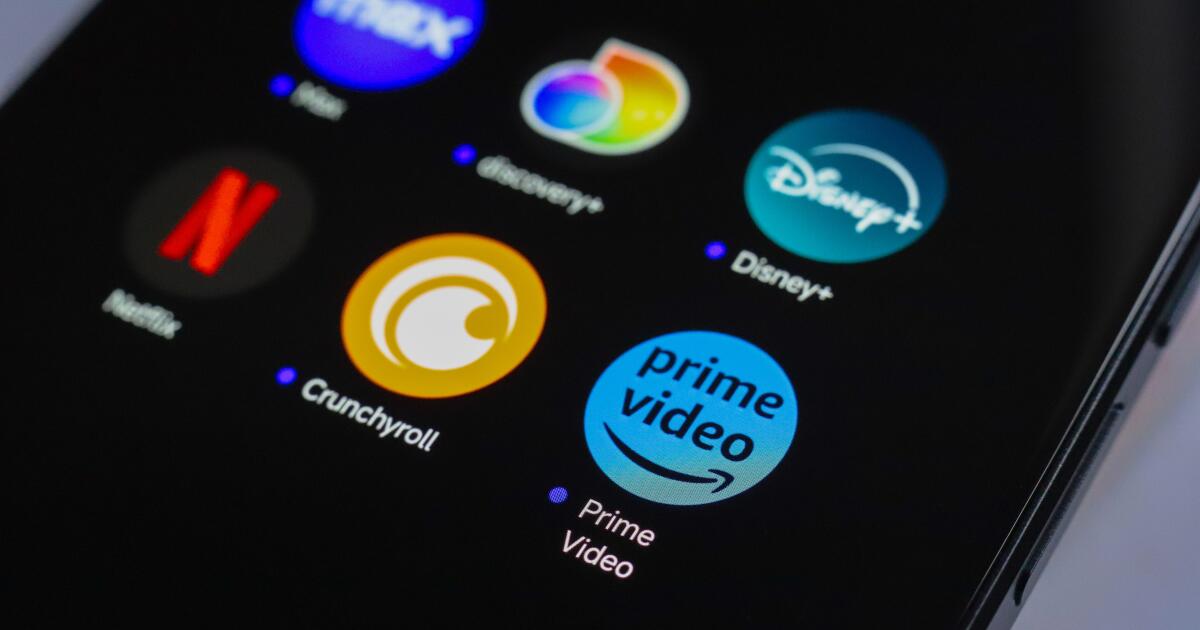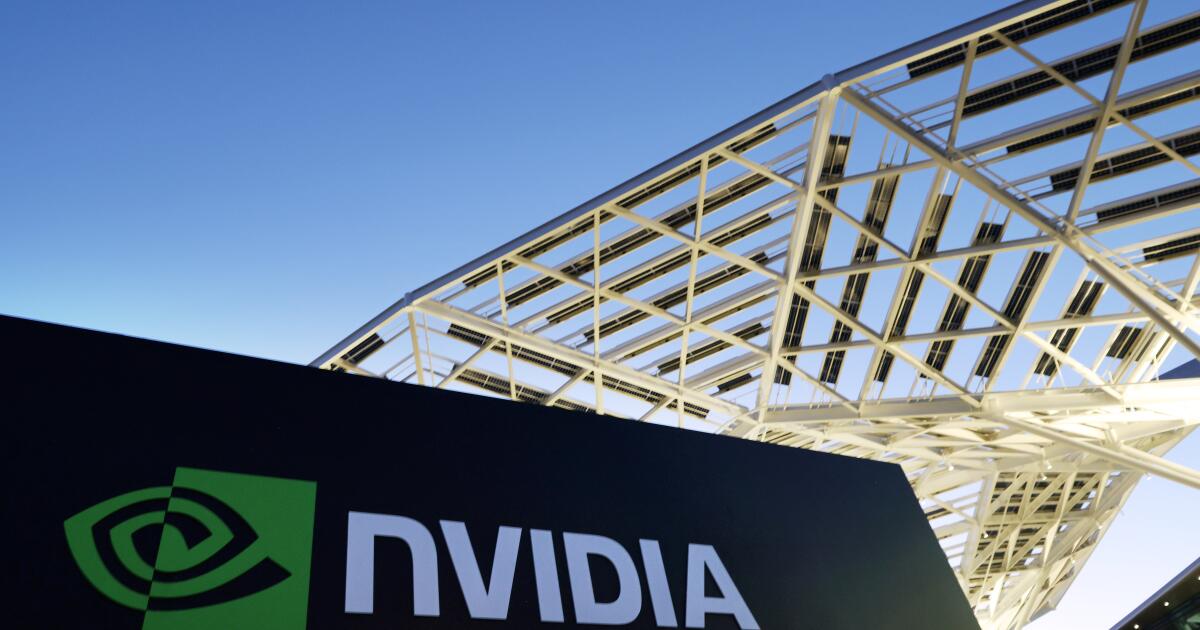Disney+ to include vertical videos on its app
In a bid for greater user engagement, Walt Disney Co. will introduce vertical videos to its Disney+ app over the next year, a company executive said Wednesday.
The move is part of the Burbank media and entertainment company’s effort to encourage more frequent app usage, particularly on smartphones.
“We know that mobile is an incredible opportunity to turn Disney+ into a true daily destination for fans,” Erin Teague, executive vice president of product management, said during an onstage presentation in Las Vegas at the Consumer Electronics Show. “All of the short-form Disney content you want, all in one unified app.”
Teague said the company will evolve that capability over time to determine new formats, categories and content types.
Disney’s presentation also touched on its interest in artificial intelligence. Last month, San Francisco startup OpenAI said it had reached a licensing deal with Disney to use more than 200 of the company’s popular characters in its text-to-video tool, Sora. Under the terms of that deal, users will be able to write prompts that generate short videos featuring Disney characters and use ChatGPT images to create those characters’ visages. Some of those Sora-generated videos will be shown on Disney+, though the companies said the deal did not include talent likenesses or voices.
Disney also said it would invest $1 billion into the AI company.
Part of Disney’s move toward AI is to appeal to young Gen Alpha viewers, who are more comfortable with AI and “expect to interact with entertainment” instead of simply watching stories on the screen, Teague said.
“AI is an accelerator,” she said. “It’s why collaborations with partners like OpenAI are absolutely crucial. We want to empower a new generation of fandom that is more interactive and immersive, while also respecting human creativity and protecting user safety.”

